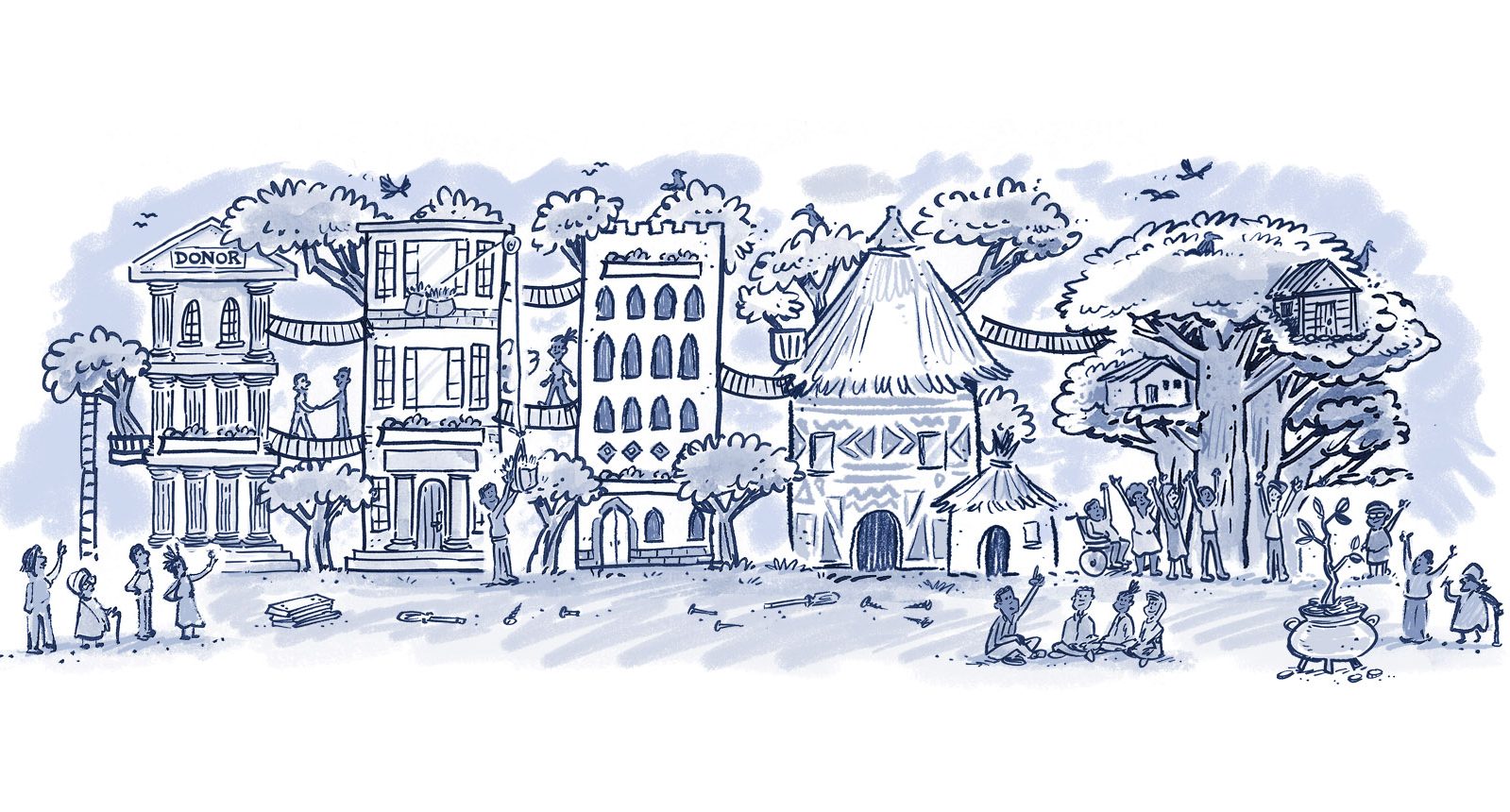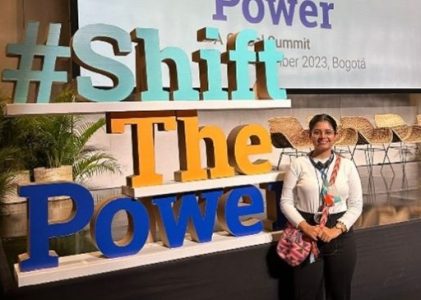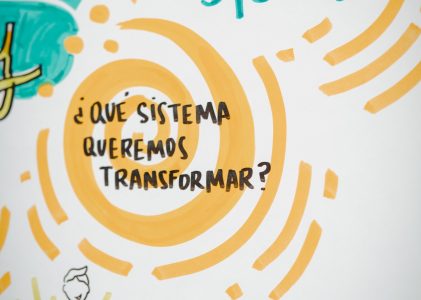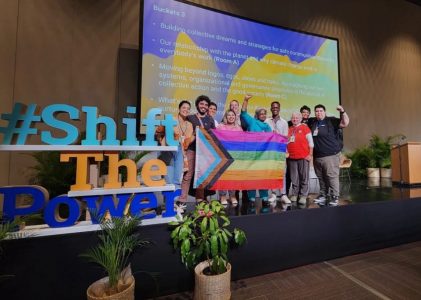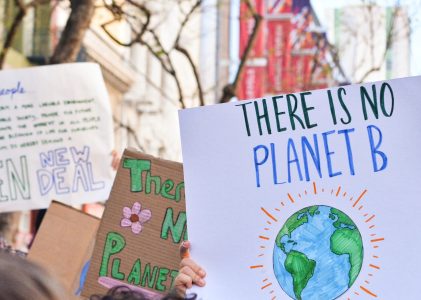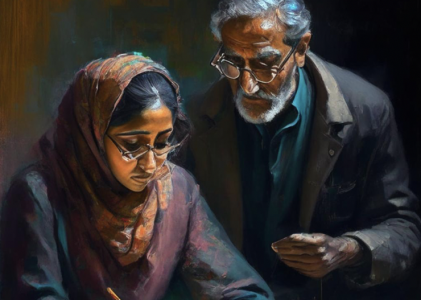Evolving together: What caterpillars can teach us about transforming philanthropy
Have you heard of imaginal cells? This is what Amaha Selassie asked us as we sat in the jungle-themed hotel lobby. It was the night after the #ShiftThePower Summit in Bogotá, and 5 of us had come together seemingly by accident, talking for hours about the worlds of possibility and complexity that the Summit had unlocked. None of us knew about these cells, so Amaha explained
